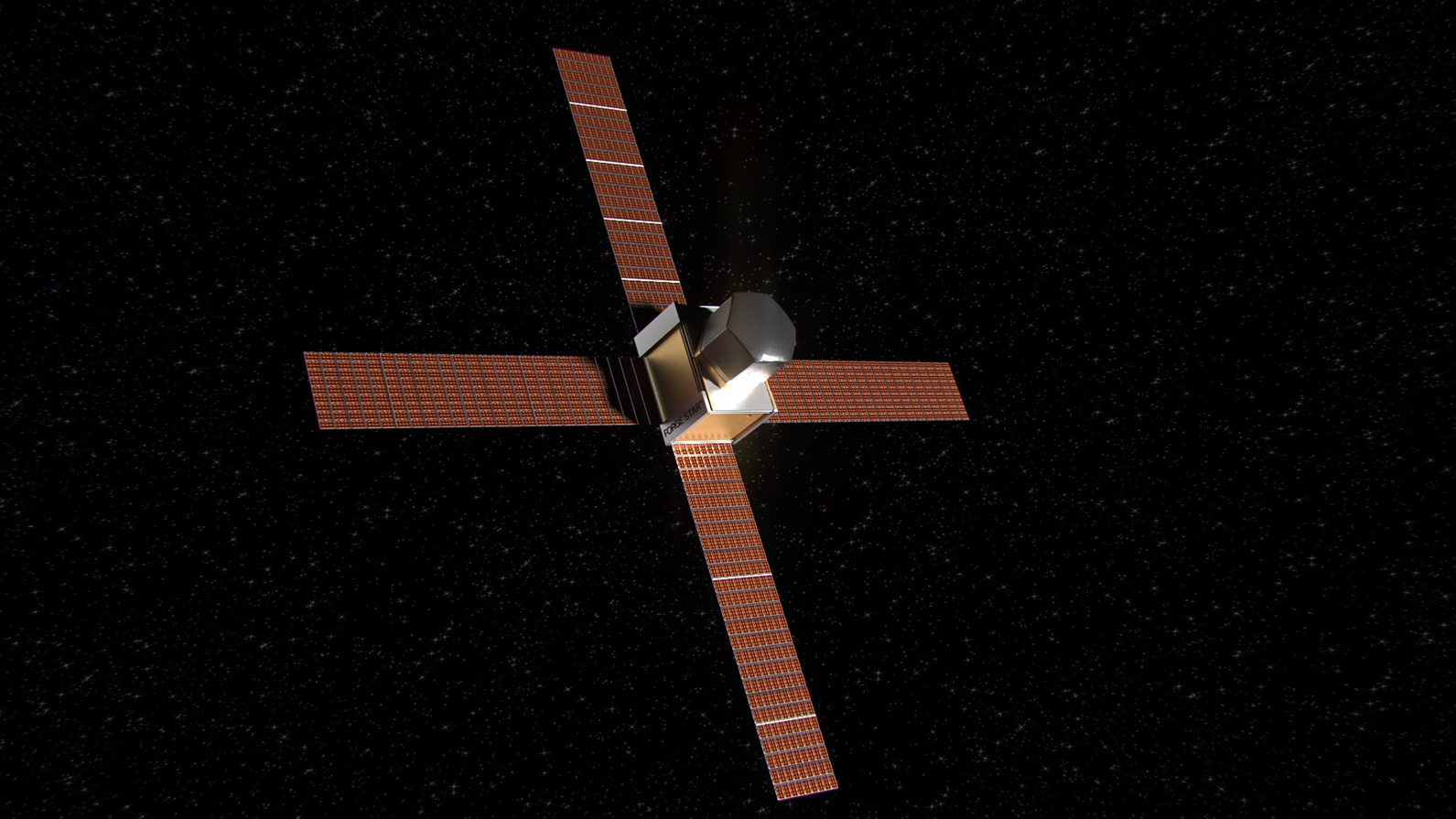UK scientists generate electricity from rare element to power future space missions
The rare element americium is not found in nature but is a by-product of the decay of plutonium, which itself is produced during the operation of nuclear reactors.
A team of scientists led by the National Nuclear Laboratory (NNL), working with the University of Leicester, have extracted americium from some of the UK’s plutonium stockpile and used the heat generated from this highly radioactive material to generate enough electric current to light up a small lightbulb within a special shielded area in NNL’s Central Laboratory in Cumbria.
The breakthrough means potential use of americium in radioisotope power systems for missions which would use the heat from americium pellets to power spacecraft heading into deep space or to challenging environments on planet surfaces where other power sources, such as solar panels, no longer function.
In this way, such space missions can carry on sending back vital images and data to Earth for many decades, far longer than would otherwise be possible.
Science Minister Chris Skidmore said: “This remarkable breakthrough sounds like something from a science fiction film but it is another brilliant testament to our world leading scientific and university communities and their commitment to keeping the UK at the very frontier of developments in space technology and research for energy requirements in difficult environments. It is on the foundations of such discoveries that we can create the highly skilled jobs of the future, supported through our modern Industrial Strategy and record level of government investment in R&D.”
The technical programme to deliver this world first has been running for several years, supported by funding from the Government’s Business, Energy and Industrial Strategy department through the UK Space Agency and its ongoing participation in European Space Agency (ESA) programmes.
Essential contributions to the project came from European Thermodynamics Ltd, who helped develop the thermoelectric generator unit, and the Nuclear Decommissioning Authority, who permitted the use of plutonium from the UK stockpile.

Tim Tinsley, NNL’s Account Director for the work, commented: “Seeing this lightbulb lit is the culmination of a huge amount of specialist technical work carried out by the teams from NNL and Leicester, working in collaboration with other organisations such as ESA and UK Space Agency. Leicester University’s capability in development of the radioisotope power systems was complimented by NNL’s expertise in handling and processing americium in our unique lab facilities. It is great to think that americium can be used in this way, recycling something that is a waste from one industry into a significant asset in another.”
Professor Richard Ambrosi, programme lead at the University of Leicester was echoed by his colleague Chris Bicknell, who worked on the power generator, in saying:
“In order to push forward the boundaries of space exploration, innovations in power generation, robotics, autonomous vehicles and advanced instrumentation are needed. Radioisotope power sources are an important technology for future European space exploration missions as their use would result in more capable spacecraft, and probes that can access distant, cold, dark and inhospitable environments. This is an important step in achieving these goals."
Keith Stephenson, the programme lead from ESA for the work, added: “The unrivalled energy density of nuclear power sources enables a whole range of missions that would be otherwise impossible. This successful collaboration between the nuclear and space sectors has created a brand-new capability for Europe, and opens the door to a future of ambitious and exciting exploration of our solar system.”













